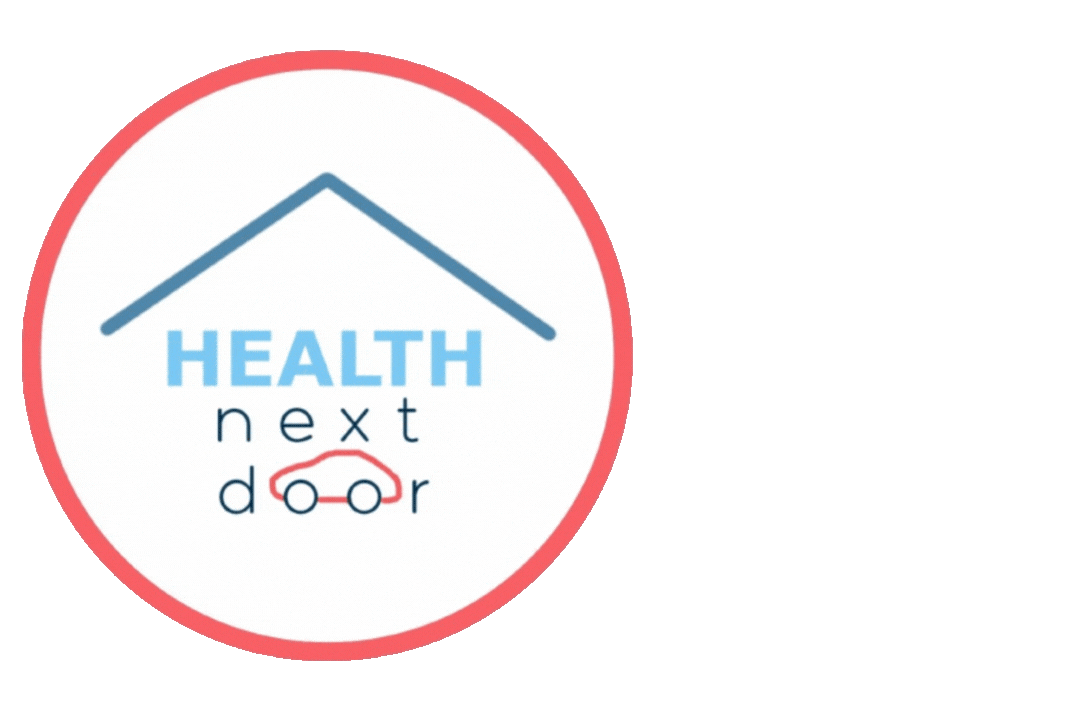Embracing Potential: Down Syndrome and the Benefits of Home-Based Physiotherapy

Introduction:
Down syndrome is a chromosomal condition characterized by an extra copy of chromosome 21. It affects individuals differently, presenting challenges in physical and cognitive development. While each person with Down syndrome is unique, they often encounter motor skill delays and muscle weakness, which can impact their overall quality of life. However, with the right support and therapies, individuals with Down syndrome can lead fulfilling lives, reaching their full potential. One such therapy that holds immense promise is home-based physiotherapy.
Understanding Down Syndrome:
Down syndrome affects approximately 1 in every 700 births worldwide, making it one of the most common genetic conditions. Individuals with Down syndrome may experience varying degrees of intellectual disability, distinctive facial features, and medical issues such as heart defects, hearing loss, and thyroid conditions. Additionally, they often face challenges related to muscle tone and motor skills, hindering their ability to perform everyday tasks independently.
The Role of Physiotherapy:
Physiotherapy, also known as physical therapy, plays a crucial role in addressing the physical challenges associated with Down syndrome. It focuses on improving muscle strength, coordination, balance, and mobility, ultimately enhancing the individual's independence and quality of life. Home-based physiotherapy, in particular, offers several advantages for individuals with Down syndrome and their families.
Benefits of Home-Based Physiotherapy:
Personalized Care: Home-based physiotherapy allows for personalized treatment plans tailored to the individual's specific needs and abilities. Therapists can assess the home environment and incorporate exercises and activities that are easily accessible and relevant to the individual's daily routine.
Comfort and Familiarity: For individuals with Down syndrome, familiar surroundings can significantly reduce anxiety and facilitate learning. Conducting physiotherapy sessions at home creates a comfortable and familiar environment where the individual feels relaxed and more receptive to therapy.
Family Involvement: In-home physiotherapy encourages active involvement from family members, fostering a sense of teamwork and support. Parents and caregivers can learn techniques to assist their loved ones with exercises, promoting continuity of care and maximizing therapeutic benefits.
Improved Compliance: Consistency is key in physiotherapy. With home-based sessions, individuals with Down syndrome are more likely to adhere to their prescribed exercises regularly. The convenience of having therapy at home eliminates barriers such as transportation issues, leading to better compliance and progress.
Functional Independence: Home-based physiotherapy focuses on improving functional skills necessary for daily living, such as dressing, grooming, and mobility. By targeting these essential activities within the individual's home environment, therapists can enhance their independence and confidence in performing everyday tasks.
Conclusion:
Down syndrome presents unique challenges, but with the right interventions, individuals with this condition can achieve remarkable progress and lead fulfilling lives. Home-based physiotherapy offers a holistic approach to address the physical aspects of Down syndrome, promoting strength, mobility, and independence within the comfort of the individual's home. By embracing the potential of individuals with Down syndrome and providing them with the support they need, we can empower them to thrive and contribute meaningfully to their communities. Companies like Health Next Door are at the forefront of delivering personalized, home-based physiotherapy services, ensuring that individuals with Down syndrome receive the specialized care they deserve in a familiar and supportive environment. Together, by recognizing the abilities and possibilities inherent in every individual, we can create a more inclusive and supportive society for people of all abilities.
To book an appointment with us, please click here.
For more information and support on Down Syndrome, please visit Down Syndrome Australia at: https://www.downsyndrome.org.au/.


-2.png?width=50&height=50&name=a43a24%20(1)-2.png)